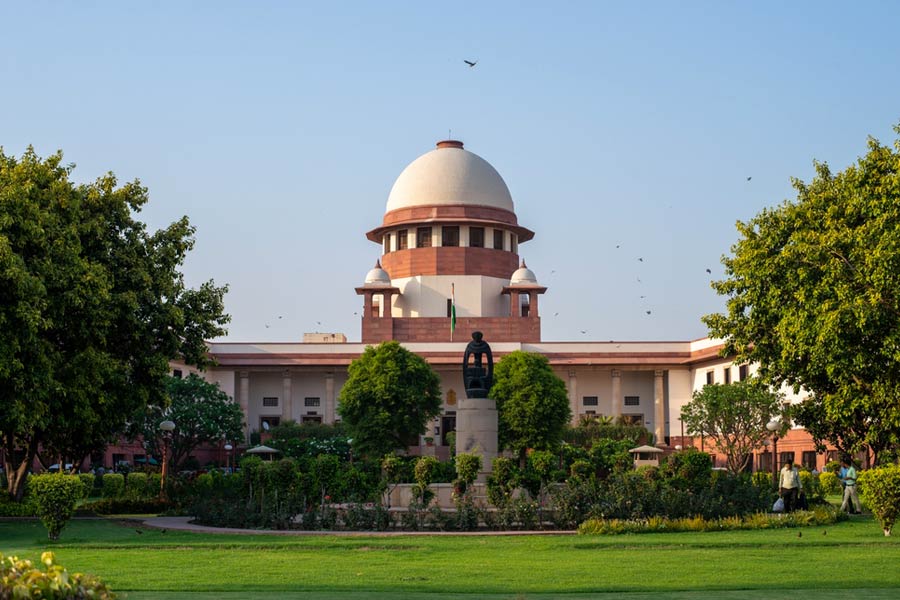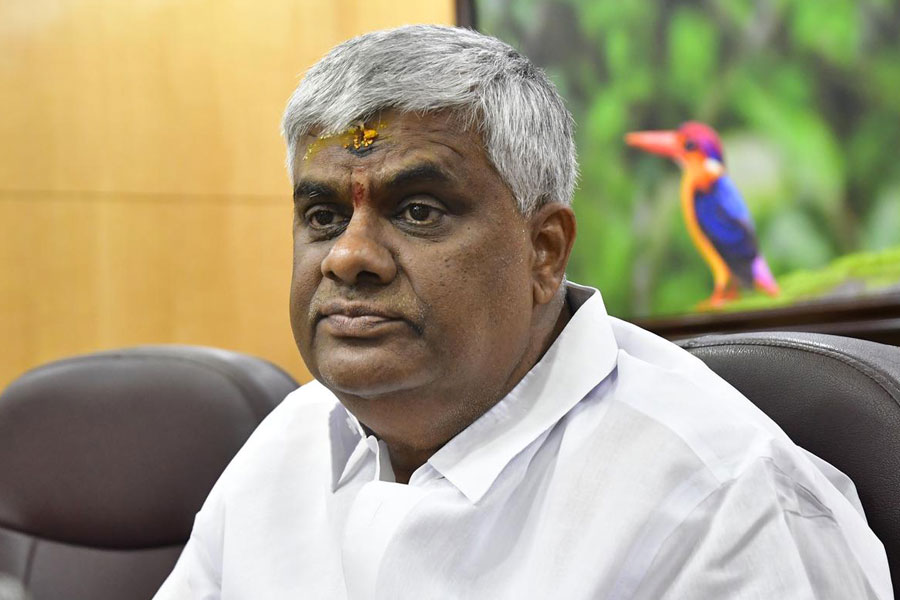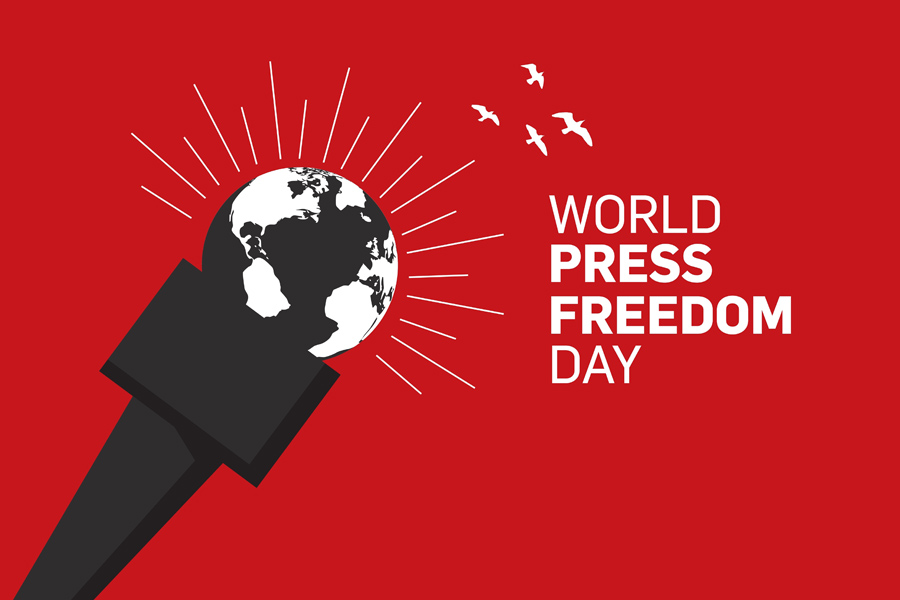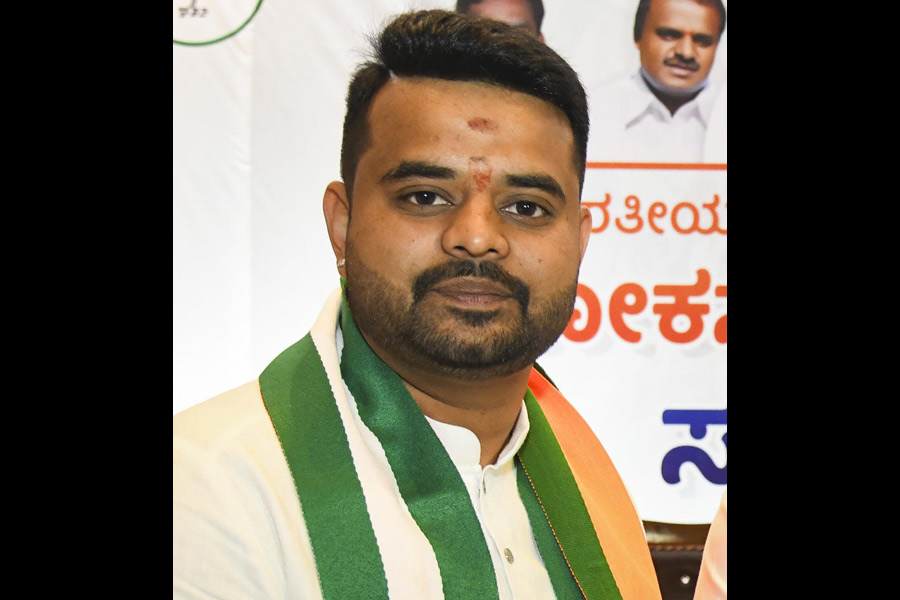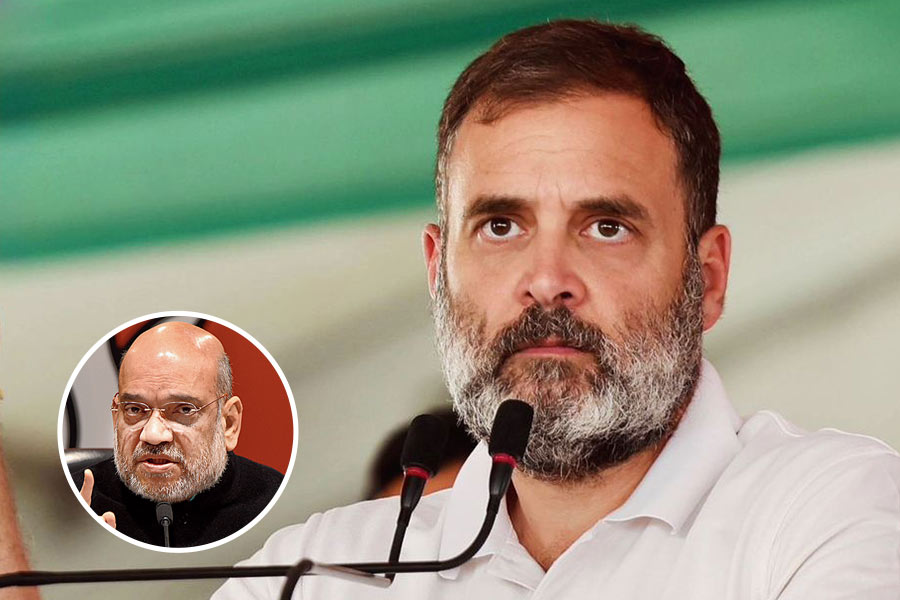All citizens have the right to vote. The few exceptions for specific reasons are mentioned in Article 326 of the Constitution, which emphasises that ‘every person that is a citizen of India’ shall be ‘entitled’ to be registered as a voter if they are of the stipulated age and are not barred for the reasons given. Voting, therefore, is the mark of an inclusive, universal and equality-driven democracy. A recent Supreme Court ruling on an election petition reportedly said it was ‘paradoxical’ that the right to vote had not been given the status of a fundamental right although democracy was a basic feature of the Constitution. Earlier rulings of 1982 and 2006 had declared the right to vote as a ‘constitutional’ right and a ‘statutory’ right, respectively. In March this year, a five-judge bench had reportedly indicated that voting could be a fundamental right, although in the ruling four judges followed earlier Supreme Court decisions; one judge dissented. The Supreme Court’s latest ruling suggests that since voting is fundamental to universal suffrage, it is a right for all citizens; not anybody else’s decision, like the right to life.
This comes like a reminder in an environment riven by exclusion and divisiveness. Most striking was the Supreme Court’s ruling on the election petition, that voting was based on informed choice. The voter had the right to be informed fully about the candidates’ backgrounds; so — pertaining to the petition — whether or not the rule that charges that would lead to less than two years of jail time need not be mentioned was up to the relevant courts to decide. The ruling elucidated the implications of informed choice, which was integral to the ‘inalienable’ right to vote. The emphasis on the impossibility of exclusion by authorities was underlined in this ruling. More, informed choice brought out the right to know, or the right to information, about public figures competing to run the country. Since the number of legislators with serious charges pending against them is increasing every year in the Lok Sabha and assemblies, the judicial insistence on the voter’s right to know the full background of candidates was as significant as the right to vote. ‘Paradox’ notwithstanding, the ruling was a strong reminder of the people’s power. It is there to be used.

